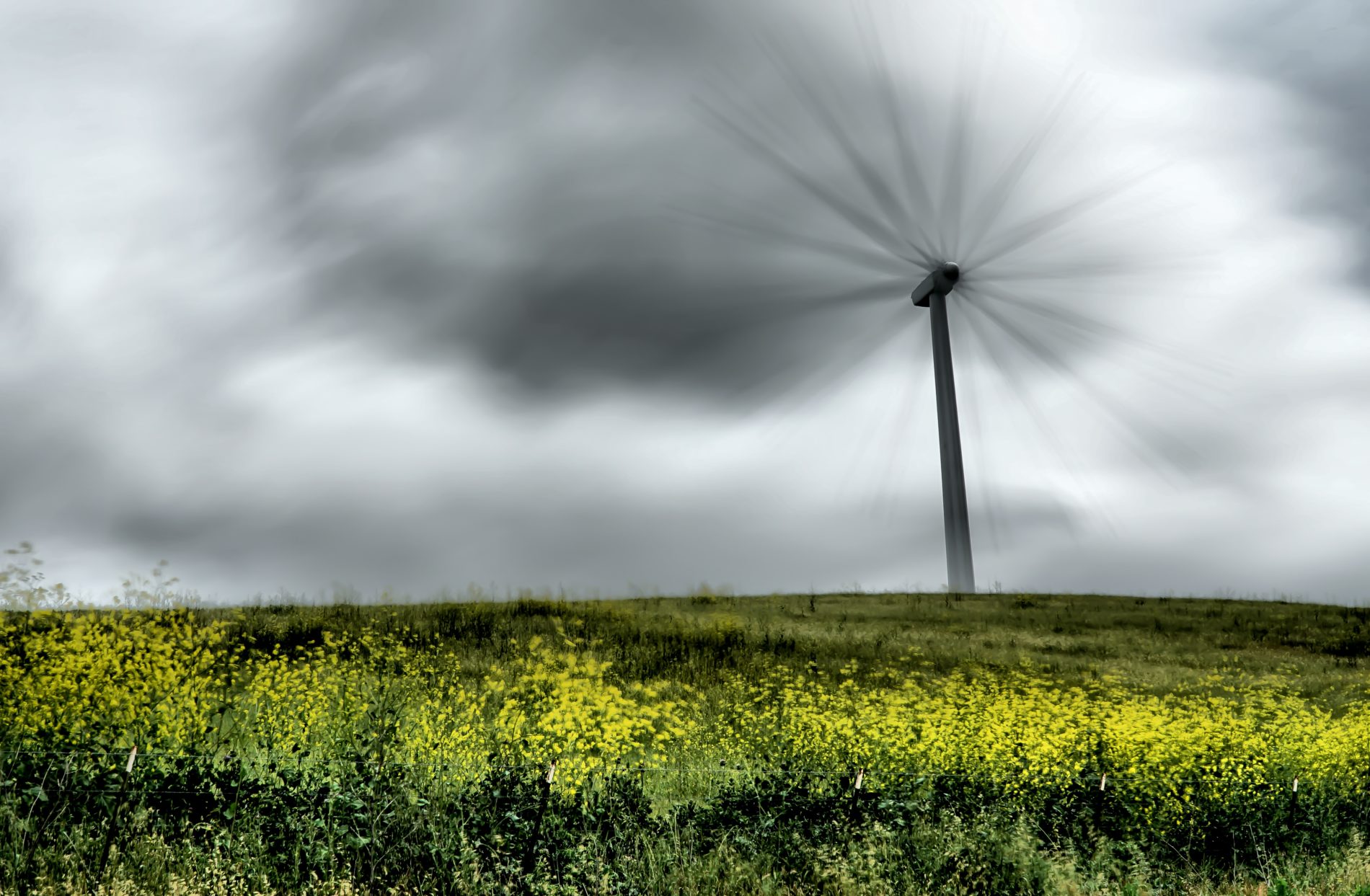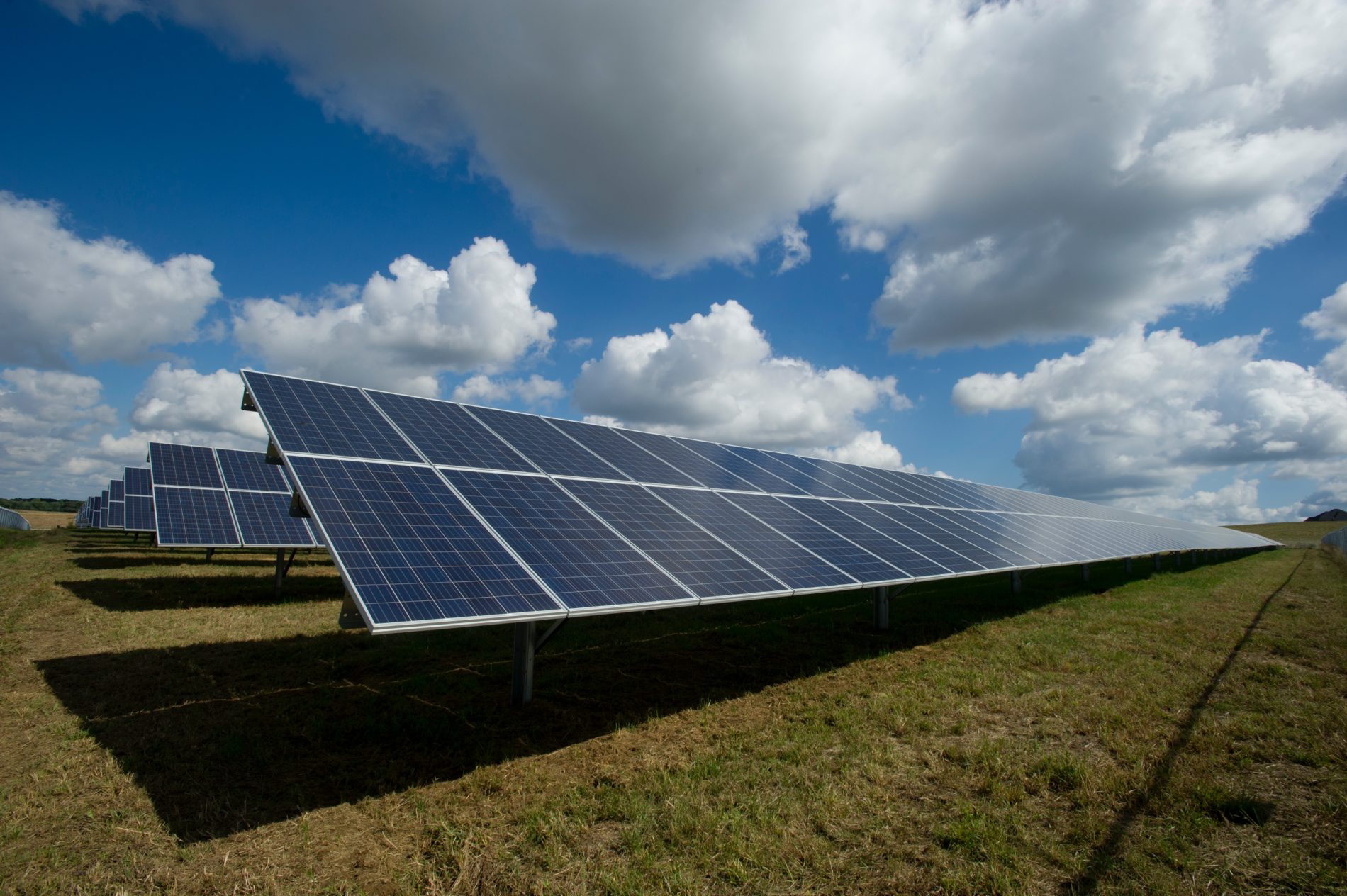Today, over 75% of the global energy supply comes from fossil fuels like gas, oil and coal. Whilst this type of production is a reliable source of energy (as long as we have access to the raw materials), it is also very damaging to the environment, creates interdependencies between countries and has a fixed term, as fossil fuels are scarce resources.
Alternative, sustainable energy production is dependent on the wind and sun, which means that it is less reliable. To overcome this challenge, we need to develop technologies to make green energy more efficient and reliable while the consumers have to change behaviours in their everyday lives to accommodate the reality of contingency embedded in sustainable energy production.

In the Photo: Wind turbines are a great source of energy- but what if there is no wind? Photo credit: Casey Horner
Case: Making consumers flexible in their energy consumption
In Denmark, we have an ambitious goal of becoming 100% independent of fossil fuels by 2050. Thus, we are conducting one of the world’s largest development and demonstration projects called EcoGrid 2.0. It is hosted by Danish Energy and consists of 8 partners besides Krukow (IBM, DTU, Copenhagen Business School, Insero, Uptime IT, Bornholm’s Energy & Utility, 2+1, and Danish Energy). It is seated in the Danish island of Bornholm and represents nearly 1,000 households. At Bornholm, the goal is to become 100% independent already by 2025 and by changing to flexible energy consumption means that the households ideally would use a specific energy source when it is produced: When it is windy you use wind power and when it sunny you use solar power, and hereby the amount of clean energy produced will equal to the amount consumed.

In the Photo: With EcoGrid 2.0, Consumers must manage their expectations according to the power available Photo credit: American Public Power Association
Achieving this requires a major change. Change of the industry itself and of us, the consumers. We have to adapt everyday behaviour, routines and habits to match the supply of green energy, display more flexibility and enable new technologies to successfully enter our households making flexible energy consumption and everyday interactions with energy products & services easy.
Our purpose and job is, through applied behavioural science and behavioural design, to develop efficient and convenient user journeys and communication tools, and together with the 8 other partners translate smart grid and future market mechanisms into consumer–friendly energy products, platforms and services in ways that are appealing to the participants and will keep them engaged in the project. All to make the choice of flexible energy consumption easy.









